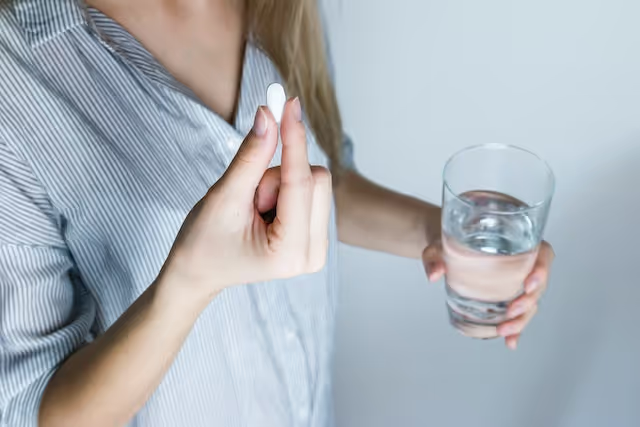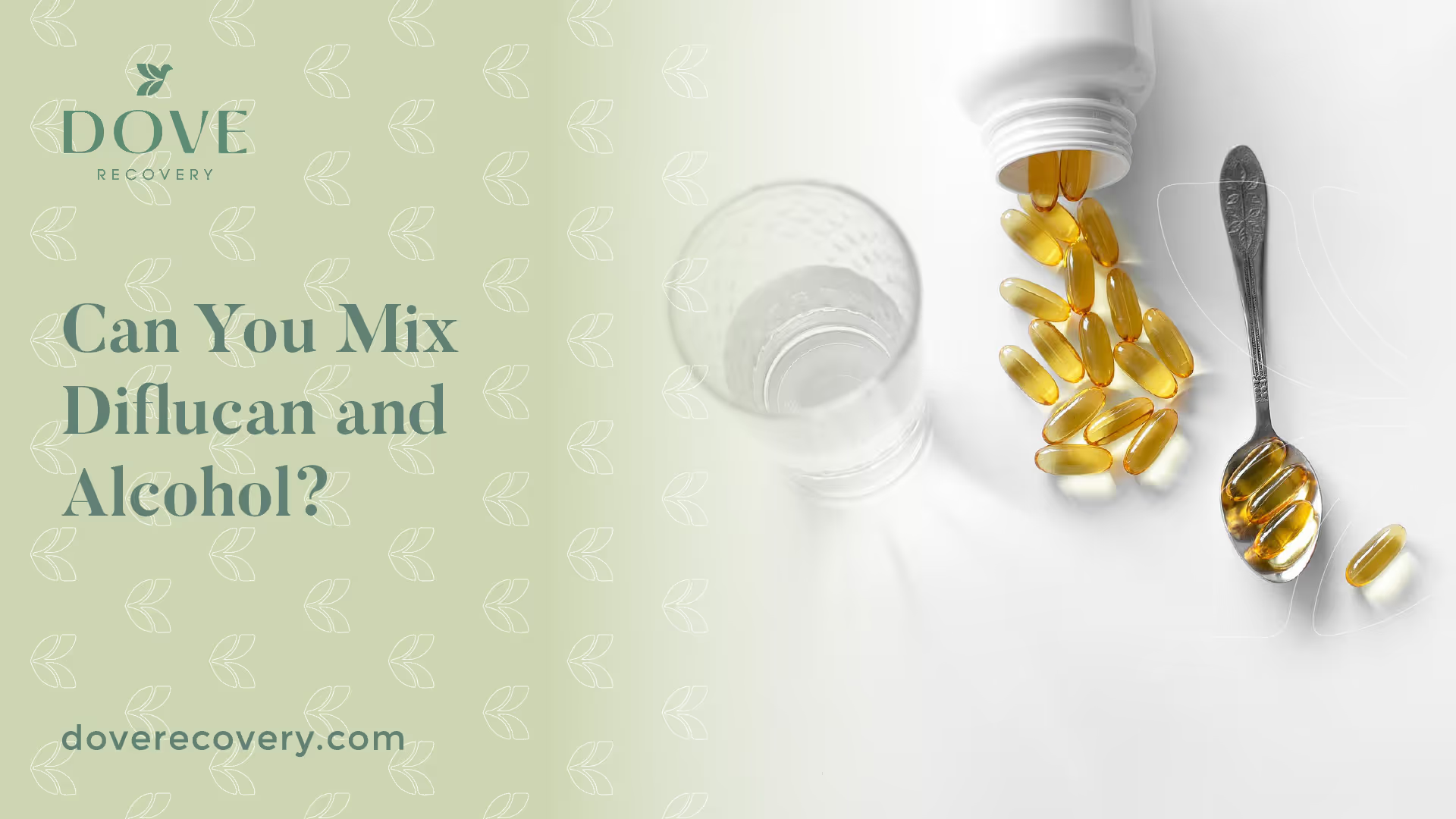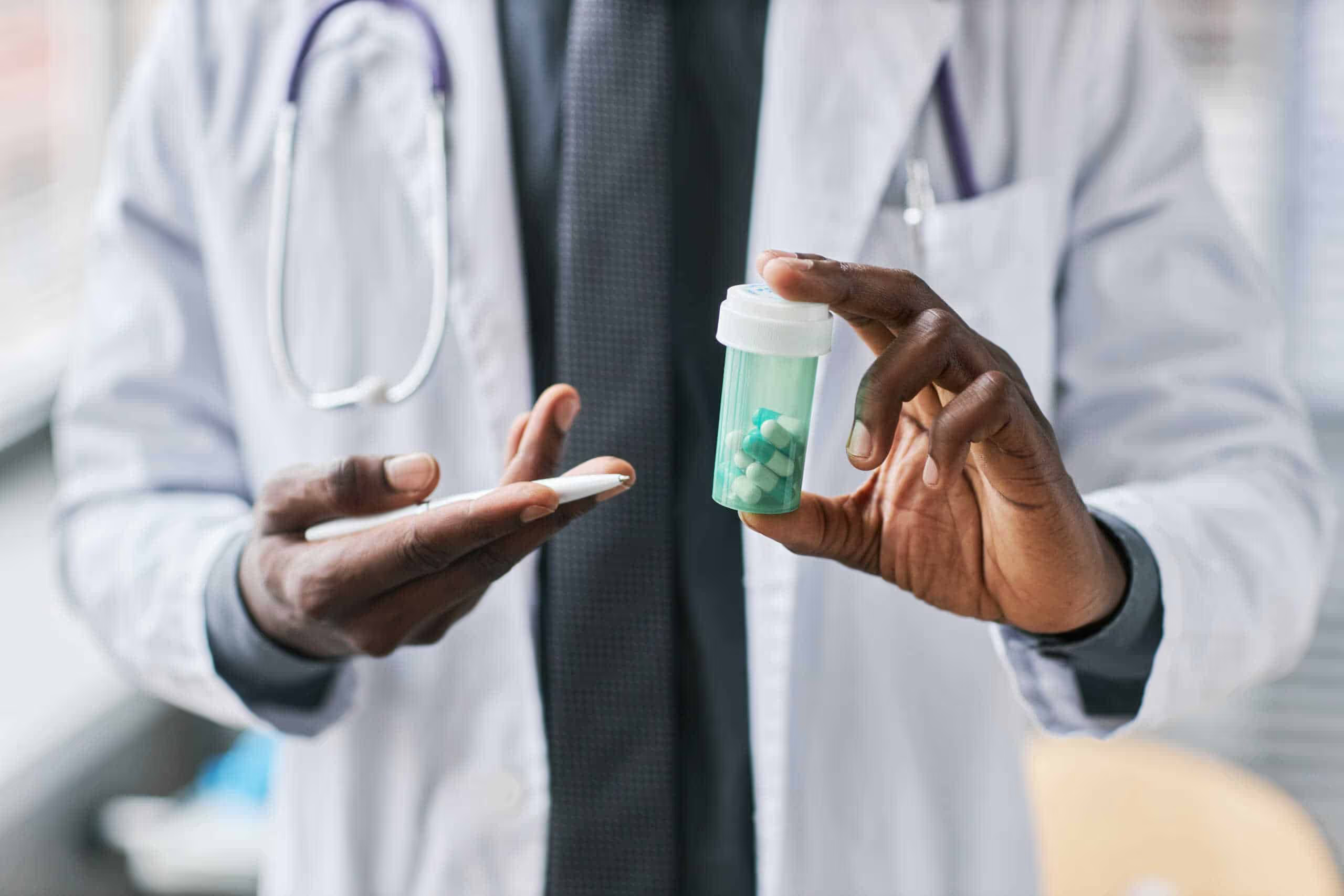Can You Mix Diflucan and Alcohol?

Can You Mix Diflucan and Alcohol?
Diflucan, also known as fluconazole, is a popular medication used to treat fungal infections. Many people wonder if it is safe to consume alcohol while taking Diflucan. In this article, we will explore the potential risks and benefits of combining Diflucan and alcohol.

Understanding Diflucan
Before diving into the topic of Diflucan and alcohol, it's important to understand what Diflucan is and how it works. Diflucan is an antifungal medication that is used to treat a variety of fungal infections, including yeast infections, ringworm, jock itch, and athlete's foot. It works by preventing the growth of fungal cells, which ultimately leads to the death of the fungus.
Diflucan is available in both oral and intravenous forms. The oral form is typically prescribed for less severe infections, while the intravenous form is reserved for more serious infections.

Precautions to Take While Taking Diflucan
While Diflucan is generally considered safe and effective, there are some precautions you should take while taking this medication. Firstly, it's important to inform your doctor if you have any allergies to fluconazole or other antifungal medications. Additionally, let your doctor know if you have any liver or kidney problems as these organs are involved in metabolizing and excreting the medication from your body.
It's also crucial to inform your doctor of any other medications you may be taking, including over-the-counter drugs, supplements, and herbal remedies. Some substances may interact with Diflucan and cause unwanted side effects.
Furthermore, it's essential to complete the full course of treatment prescribed by your doctor. Stopping treatment early can lead to the recurrence of the infection or the development of drug-resistant strains of fungi.
Lastly, avoid consuming alcohol while taking Diflucan as it can increase the risk of side effects such as dizziness and stomach upset. It's best to wait until you have completed your course of treatment before drinking alcohol again.
Can You Drink Alcohol While Taking Diflucan?
While there is no direct interaction between Diflucan and alcohol, it is generally not recommended to consume alcohol while taking this medication.
Here's why:
- Alcohol can weaken the immune system, making it harder for the body to fight off infections. This can potentially reduce the effectiveness of Diflucan and prolong the duration of the infection.
- Both Diflucan and alcohol can be hard on the liver. When taken together, they can potentially increase the risk of liver damage. This risk is especially high for individuals who already have liver problems or a history of alcohol abuse.
Therefore, it's best to avoid drinking alcohol while taking Diflucan in order to ensure that you get the maximum benefit from the medication and minimize any potential risks to your health. If you have any concerns or questions about drinking alcohol while taking Diflucan, you should speak with your doctor or pharmacist.
Side Effects of Combining Diflucan and Alcohol
While there is no direct interaction between Diflucan and alcohol, there are several potential side effects that can occur when the two are combined. These include:
- Dizziness and lightheadedness
- Nausea and vomiting
- Headaches
- Flushing and redness of the skin
- Increased heart rate
In severe cases, combining Diflucan and alcohol can lead to liver damage or even liver failure.
What Are the Risks of Drinking while on Diflucan?
Although drinking alcohol while taking Diflucan is not recommended, some people may choose to drink despite the potential risks. Here are some of the risks associated with drinking while taking Diflucan:
- Increased risk of liver damage: Both Diflucan and alcohol can be hard on the liver, and when taken together, they can put a considerable strain on this vital organ. This risk is especially high for individuals who already have liver problems or a history of alcohol abuse.
- Increased risk of adverse side effects: Drinking while on Diflucan can increase the likelihood of experiencing side effects such as dizziness, nausea, vomiting, headaches, flushing, and redness of the skin. These side effects can be uncomfortable and interfere with daily activities.
- Prolonged duration and severity of fungal infections: Alcohol weakens the immune system and makes it harder for the body to fight off infections. As a result, individuals who drink while on Diflucan may experience longer recovery times or require additional courses of treatment.
If you are prescribed Diflucan for a fungal infection, it's best to avoid drinking alcohol until your treatment is complete. If you do choose to drink during your course of treatment, it's crucial to do so in moderation and inform your doctor if you experience any adverse side effects. Ultimately, it's essential to prioritize your health and follow your doctor's recommendations when it comes to combining medication and alcohol consumption.
Does Alcohol Make Fluconazole Less Effective?
Although alcohol does not directly interact with Diflucan, it can indirectly affect how well the medication works. Alcohol can weaken the immune system and make it harder for the body to fight off infections, which may reduce the effectiveness of Diflucan.
Additionally, alcohol can be hard on the liver, which is involved in metabolizing and excreting Diflucan from the body. If the liver is already under stress from alcohol consumption, it may not be able to process Diflucan as efficiently, which could also impact its effectiveness. Therefore, it's best to avoid drinking alcohol while taking Diflucan in order to ensure that you get the maximum benefit from your treatment.
If you have any concerns or questions about drinking alcohol while taking Diflucan, you should speak with your doctor or pharmacist.
What to Do if You Have Consumed Alcohol While Taking Diflucan
If you have accidentally consumed alcohol while taking Diflucan, you should inform your healthcare provider as soon as possible. While there is no direct interaction between Diflucan and alcohol, drinking alcohol while taking this medication can potentially increase the risk of liver damage.
Your healthcare provider may recommend that you stop taking Diflucan temporarily and monitor your liver function closely. This is especially important if you have a history of liver problems or alcohol abuse.
It's important to follow your healthcare provider's instructions carefully in order to ensure that you receive the best possible care and minimize any potential risks to your health. If you have any concerns or questions about drinking alcohol while taking Diflucan, you should speak with your doctor or pharmacist.
How Long Should You Wait Between Taking Diflucan and Alcohol?
It is generally recommended to wait at least 72 hours (3 days) after completing a course of Diflucan before consuming alcohol. This allows enough time for the medication to be metabolized and excreted from the body, reducing the risk of potential side effects or interactions with alcohol.
However, it's important to note that the exact amount of time you should wait may vary depending on several factors, including your age, weight, liver function, and overall health. It's best to consult with your healthcare provider for personalized advice on when it is safe to consume alcohol after taking Diflucan.
If you do choose to drink alcohol after taking Diflucan, it's crucial to do so in moderation and monitor yourself for any adverse side effects. If you experience any symptoms such as dizziness, nausea, or vomiting, stop drinking immediately and seek medical attention if necessary.
How Much Alcohol Can You Safely Drink with Fluconazole?
It's important to note that there is no safe amount of alcohol that can be consumed while taking Diflucan. Even small amounts of alcohol can potentially increase the risk of side effects and interact with the medication, particularly in individuals with liver problems or a history of alcohol abuse.
However, if you do choose to drink alcohol while taking Diflucan, it's crucial to do so in moderation.
Moderate Drinking Guidelines
- Up to one drink per day for women
- Up to two drinks per day for men
It's also important to monitor yourself for any adverse side effects when drinking alcohol while taking Diflucan. If you experience any symptoms such as dizziness, nausea, or vomiting, stop drinking immediately and seek medical attention if necessary.
Ultimately, it's essential to prioritize your health and follow your doctor's recommendations when it comes to combining medication and alcohol consumption. If you have any concerns or questions about drinking alcohol while taking Diflucan, you should speak with your doctor or pharmacist.
When to Seek Help
If you experience any adverse side effects while taking Diflucan, including dizziness, nausea, vomiting, headaches, flushing, or redness of the skin, it's crucial to seek medical attention immediately. These symptoms could indicate an allergic reaction or a more severe underlying condition that requires prompt treatment.
Additionally, if you have accidentally consumed alcohol while taking Diflucan and experience symptoms such as abdominal pain, yellowing of the skin or eyes (jaundice), dark urine, or pale stools, it's essential to contact your healthcare provider immediately. These symptoms could indicate liver damage or failure and require urgent medical attention.
In general, it's always best to err on the side of caution when it comes to combining medication and alcohol consumption. If you have any concerns or questions about drinking alcohol while taking Diflucan or experience any adverse side effects during your course of treatment, do not hesitate to contact your doctor or pharmacist for advice and guidance. Remember that prioritizing your health and well-being is always the top priority.
Conclusion
In conclusion, it is not recommended to consume alcohol while taking Diflucan. While there is no direct interaction between the two, alcohol can weaken the immune system and potentially reduce the effectiveness of the medication.
Additionally, combining Diflucan and alcohol can increase the risk of liver damage and other potential side effects. If you have any questions or concerns about taking Diflucan, be sure to talk to your healthcare provider.
Sources:
- Mayo Clinic: https://www.mayoclinic.org/drugs-supplements/fluconazole-oral-route/proper-use/drg-20071507
- MedlinePlus: https://medlineplus.gov/druginfo/meds/a690002.html
- National Library of Medicine: https://pubchem.ncbi.nlm.nih.gov/compound/3365
- RxList: https://www.rxlist.com/diflucan-drug.htm
